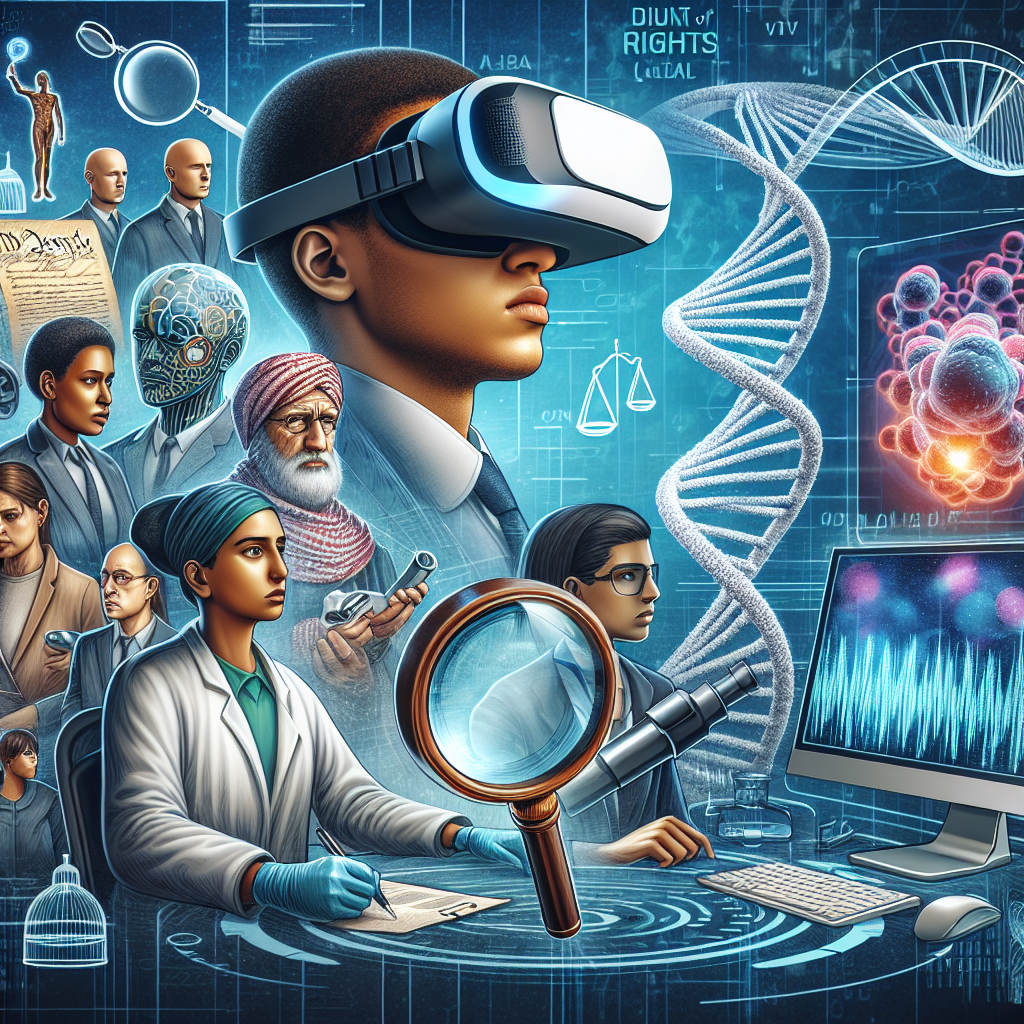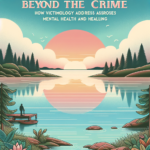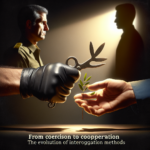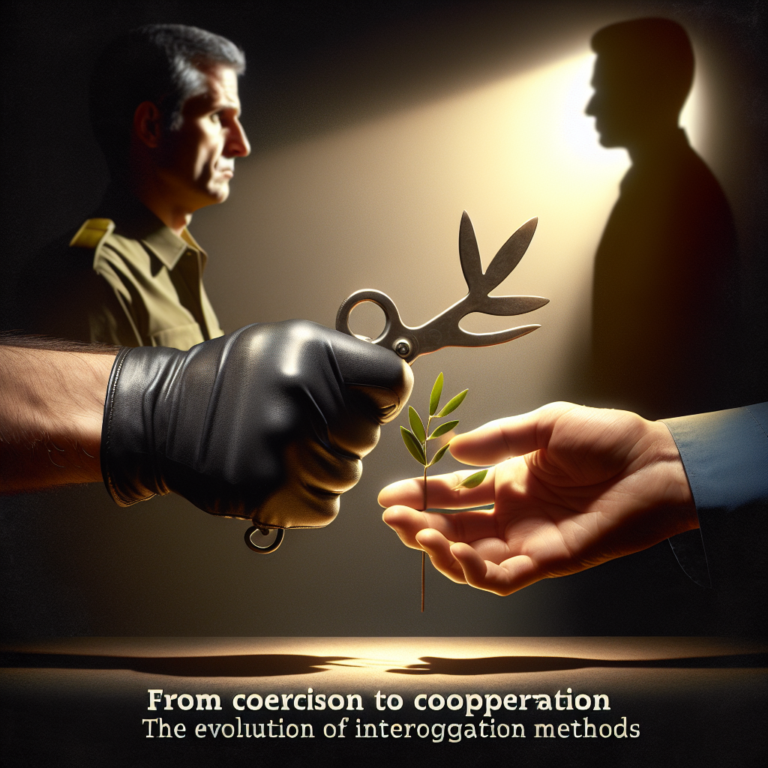
Introduction
In today’s complex legal landscape, forensic assessment has never been more crucial. With advancements in technology and evolving methodologies, the field stands at the cusp of revolutionary changes. As forensic experts work tirelessly to bridge the gap between science and the legal system, understanding the future of forensic assessment: advancements and emerging practices is essential for legal practitioners, law enforcement agencies, and mental health professionals alike. This article delves into groundbreaking innovations, integrating case studies and relevant data to provide a comprehensive overview of what lies ahead.
The Importance of Forensic Assessment
Forensic assessment plays a pivotal role in criminal justice, serving as a reliable means of obtaining psychological insights into individuals involved in legal proceedings. It provides actionable information that guides decisions regarding competency, risk, and potential criminal responsibility. The necessity for accurate and scientifically backed assessments continues to amplify, given the increasing intricacies of legal cases and the scrutiny placed on mental health evaluations.
Key Advancements in Forensic Assessment
1. Technological Innovations
Digital Forensics
One of the most significant advancements within the realm of forensic assessment is the rise of digital forensics. This interdisciplinary area combines computer science and investigative techniques to recover and analyze digital evidence, offering groundbreaking insights into criminal behavior.
Case Study: The Ashley Madison Hack
In 2015, the hack of Ashley Madison, a website for extramarital affairs, revealed extensive data about users. Forensic psychologists analyzed the data to evaluate behavioral patterns, contributing to societal understandings of infidelity and its psychological implications.
2. Artificial Intelligence (AI)
The integration of AI into forensic assessment brings promise but also poses ethical dilemmas. Machine learning algorithms can analyze vast datasets more efficiently than humans, uncovering patterns that may go unnoticed. The role of AI in forensic psychology is emerging, particularly in predictive analytics for assessing recidivism.
Case Study: Recidivism Prediction Models
Research from the University of California, Irvine utilized machine learning algorithms to develop models predicting recidivism in a sample of over 100,000 criminal offenders. This endeavor highlights the future of forensic assessment: advancements and emerging practices in utilizing technology for informed decision-making.
3. Neuroimaging Techniques
Neuroimaging, such as fMRI and PET scans, offers unprecedented insights into brain activity and its correlation with criminal behavior. By understanding how brain functions can influence actions, forensic assessment can be better calibrated.
Case Study: The Boston Bomber Trial
During the trial of Dzhokhar Tsarnaev, neuroscientific evidence was presented to argue for the role of impaired decision-making processes in his behavior. This case illustrates the potential of neuroimaging as a tool in supporting or contesting legal claims.
4. Standardization and Evidence-Based Practices
With burgeoning advancements, there is also an emphasis on the need for standardized protocols in forensic assessment. Authentic, evidence-based practices ensure that forensic evaluations are consistent across various cases and jurisdictions.
Table: Key Elements of Standardized Forensic Assessments
| Element | Description |
|---|---|
| Protocols | Established methods for evaluations |
| Training | Ensuring forensic evaluators are well-equipped |
| Evidence Support | Grounding assessments in research |
Emerging Practices in Forensic Assessment
1. Trauma-Informed Assessment
As understanding of trauma’s effects on behavior grows, trauma-informed assessment practices are becoming essential. These approaches consider an individual’s historical context, aiming to provide a more holistic picture during assessments.
Case Study: The Use of Trauma-Informed Care in Legal Settings
In cases involving domestic violence survivors, it has been observed that trauma-informed assessments can lead to a more accurate understanding of a victim’s actions, ultimately influencing trial outcomes.
2. Cultural Competency in Assessments
Cultural nuances play a vital role in the interpretation and outcomes of forensic assessments. Practitioners must be culturally competent to avoid biases that could skew evaluations.
Case Study: Cultural Bias in the UK
Research revealed disparities in assessments based on cultural backgrounds, highlighting a pressing need for increased cultural awareness in forensic psychology practices. Raising this awareness is crucial for the future of forensic assessment: advancements and emerging practices.
3. Interdisciplinary Collaboration
An emerging practice is the collaboration between various fields, including psychology, criminology, and sociology, to strengthen forensic assessments. This interdisciplinary approach fosters a comprehensive understanding of offender behavior.
Case Study: The Pittsburgh Youth Study
A longitudinal study involving collaboration between psychologists and sociologists provided valuable insight into juvenile delinquency, informing both forensic and social policies.
Challenges Facing Forensic Assessments
Despite significant advancements and emerging practices, challenges persist. Ethical dilemmas, particularly concerning AI use and data privacy, continue to necessitate robust discussions. Additionally, the interpretation of neuroimaging results remains contentious, as does the challenge of training practitioners to adapt to rapid technological changes.
The Role of Education and Training
As the field evolves, so too must education and training for forensic professionals. Continuous professional development must focus on emerging technologies, ethical considerations, and evidence-based practices to ensure practitioners are equipped to meet contemporary challenges.
Key Areas of Focus for Training
- Digital Literacy: Understanding the intersection of technology and forensic assessment.
- Ethical Decision-Making: Navigating complex ethical landscapes shaped by advancements.
- Cultural Sensitivity: Training that emphasizes the importance of cultural awareness.
Conclusion
The future of forensic assessment is promising, filled with advancements and emerging practices that can reshape the landscape of legal evaluations. However, it is the responsibility of professionals in the field to adapt, innovate, and prioritize ethical considerations. As we navigate this evolving terrain, embracing technology, standardization, and interdisciplinary collaboration will be fundamental to unlocking the potential of forensic assessment.
Inspiring Takeaway: The fusion of science and law calls for a forward-thinking approach. Committing to ongoing learning and adaptation will be essential for stakeholders aiming to leverage these advancements effectively, ensuring that forensic assessment remains a cornerstone of justice.
FAQs
1. What does forensic assessment entail?
Forensic assessment refers to evaluating individuals within the legal system to provide expert opinions, often regarding mental competency, criminal responsibility, or risk of reoffending.
2. How is technology impacting forensic assessment?
Technology, particularly AI and neuroimaging, is influencing forensic assessment by improving accuracy, efficiency, and the breadth of data analyzed.
3. What ethical considerations are associated with forensic assessment?
Ethical considerations include ensuring data privacy, informed consent, and the responsible use of AI, all of which are critical in maintaining the integrity of the assessment process.
4. How can cultural competency improve forensic assessments?
Cultural competency enables evaluators to consider cultural factors that influence behavior, decreasing the likelihood of bias and increasing the validity of assessments.
5. What is the significance of standardization in forensic assessments?
Standardization ensures that assessments are consistent and evidence-based, leading to more reliable outcomes that can stand up in a court of law.
Enhancements Summary: By observing the intersection of technology, interdisciplinary collaboration, and culturally informed practices, we can anticipate a transformative future for forensic assessment—one that not only meets the demands of the legal system but also resonates deeply with our understanding of human behavior and societal values.

















